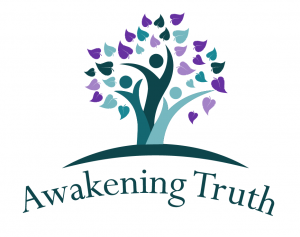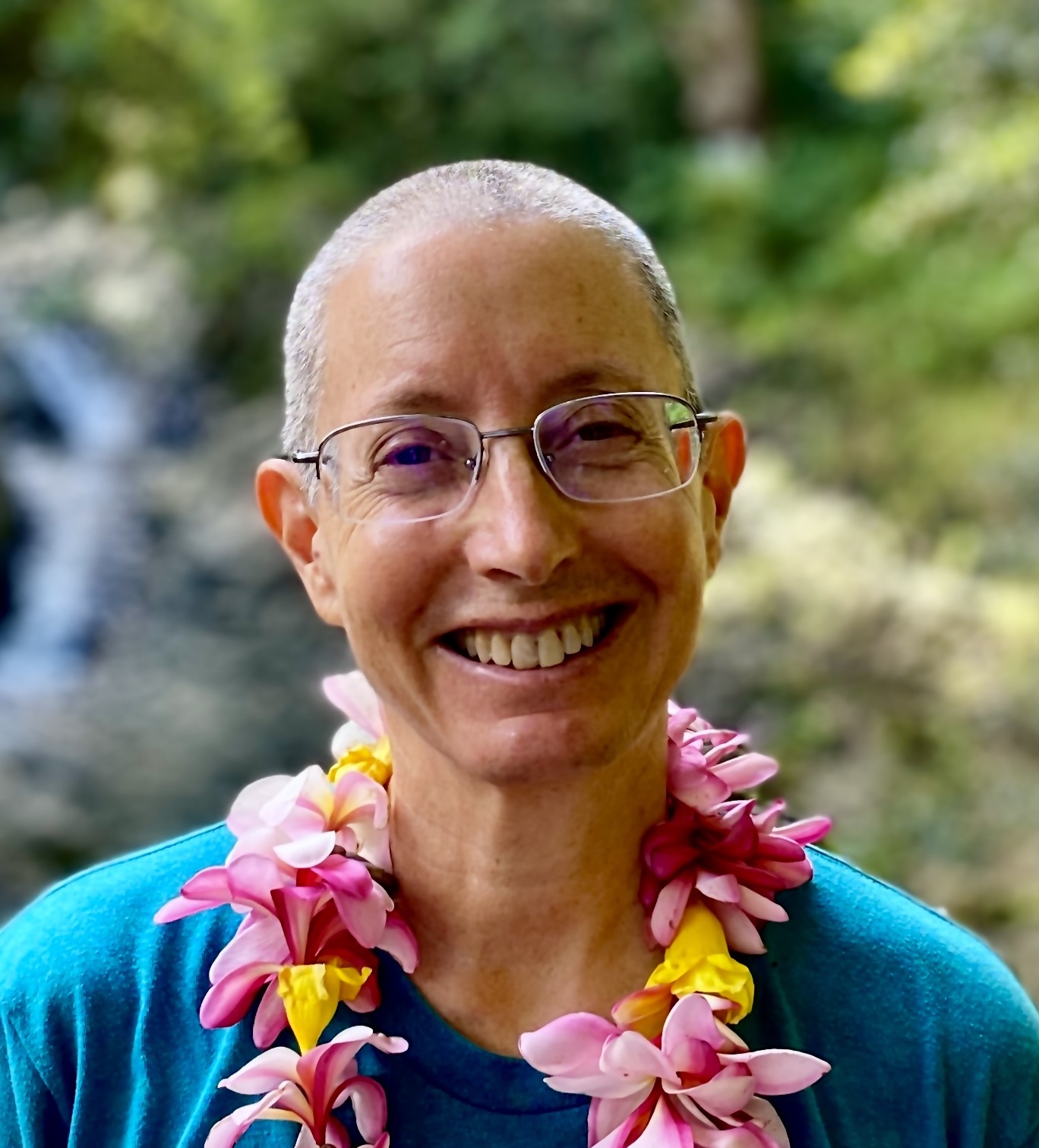Power, Presence and Patriarchy

In 1995, I co-taught my first 10-day retreat. It was the very first monastic retreat taught at Spirit Rock. The meditation hall was brand new, and unpainted sheetrock covered the basement walls. There were backhoe tracks in the land surrounding the building. Everything smelled and felt new at Spirit Rock, and here I was, nun of 5 years co-teaching with a prominent senior monk.
During the ten day retreat, I took some yogis into the unfinished basement and led devotional songs. We opened our hearts and filled the space, lifting the ceiling with our sacred sound. I was aware of the contrast with the silent meditation hall above, and the dynamic tension of my precepts that gave preference to the joys that came from abiding internally in the place music comes from, rather than engaging in the external expressions of song or dance. I was on an edge with what was proscribed by my monastic vows. Even still, I felt the joy and togetherness of our bodies reverberating with inspiring music, filling the hallways with sacred sound. Our eyes lit up as we wrote the words of these sacred songs, mantras and texts in pencil on the walls. Our mood was buoyant. We felt alive. We called this the Bhakti Underground. Our time for song and singing was in the margins, not when we were scheduled for the meditation, where the real practice of awakening was taking place in the hall upstairs. I left the Bhakti Underground longing to do more; to combine meditation music and song and see how it all was part of awakening.
In 1995, I was a young nun in a community where, as monastic women, we were finding our voice in a context where we had less visibility, less access to resources, and less value as the monks. During each of the three Dharma talks I offered, I wove teachings that illuminated the way to freedom while validating some of the views of the establishment that I was part.
In one talk, I spoke about the importance of having the Buddha in an elevated place of prominence rather than on an equal level as Quan Yin. Spirit Rock puts the Buddha and Quan Yin on an equal footing as a way to say that both the male and female embodiments of the sacred were equally valued. Traditionally, as monastics, we put the Buddha in a place of prominence above any other image. If as a nun, I gave credence for positioning a Buddha above Quan Yin, then others may find it easier to accept. But more insidiously, I might win the monks approval. With a prominent monk’s support and approval, many things might be easier for me in my monastic life.
I look back at this experience, and the two other talks I gave, along with the numerous other experiences of pandering to the patriarchy in order to eek out more ground and safety for myself. It would take many more years of painstaking work before i personally and we as a group of nuns could name what we were dealing with and understand how our behaviour to eek out more safety and our ways of panderning to the patriarchy were both expressions of the system that we were part.
Fast forward 25 years, and I returned to Spirit Rock, now no longer a nun. I asked Melanie DeMore, a Grammy Award winning musican to co-teach a day long retreat combining meditation, movement and song. We were not going to be in the dim light of the basement; we were going to be in the grand hall, in the full light of day.
When I first met Melanie, a few years ago, I was struck by the way she used rhythm and song to connect us to ourselves and to each other. The late Ronnie Gilbert discribed Melanie as “power wrapped in velvet.” Melanie, a master of presence and energy, whose medium is music.
Yes, I waited 25 years to bring meditation, movement and song together and out in the open. Understandably, I was excited. But even more to the core of my joy, that day, teaching with Melanie, was about a different relationship with power, where we share it, and inhabit it in an inclusive way. It was about inviting all parts of ourselves to come home and be part of our awakening. It included everyone, and was an acknowledgment of what I have come out of and where I stand now.
I tingled with energy, and felt my body and the weight of my feet on the floor. I was deeply delighted to share the stage with Melanie, and we seamlessly lead back and forth. We turned our attention inwards, and brought the power of meditation into our bodies, hearts and minds. Movement and rhythm evoked full body awareness and aliveness. We had permission to feel our goodness, and let love wash over and through us. As we felt love in ourselves, our connection with each other deepened. Rhythm took us out of our heads, and connected us in a primordial heartbeat to something beyond time. Separation fell away. We were one people. As family, suddenly it became a priority that no one was left behind.
Power is tangible. It is not a special commodity for the chosen few, to win in order to leverage basic needs as I so often expereinced living as a nun in the monastery within a context that was defined by patriachy. There is no pandering. It is an aspect of presence, something to recognize in our bodies, to express through song, feel in the pounding of the sticks and clapping of our hands. It is the direct result of our meditation. There is power in love and abiding in pure awareness. Power is in each of us, everywhere.
At the end of the day, I looked around at the tears and smiles on people’s faces, at the countenance of people’s relaxed bodies, and rejoiced with pure, whole body joy. Power became an empowerment.
Awakening Truth Newsletter!



 Amma Thanasanti
Amma Thanasanti






